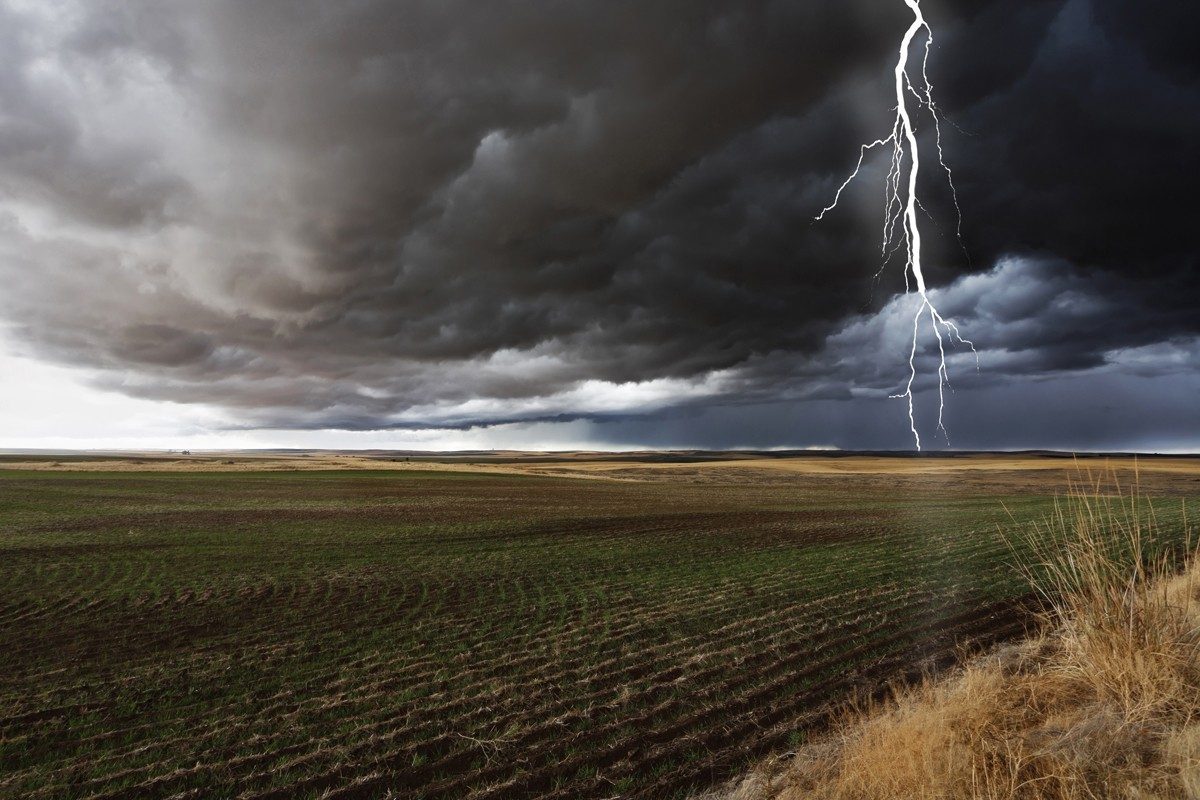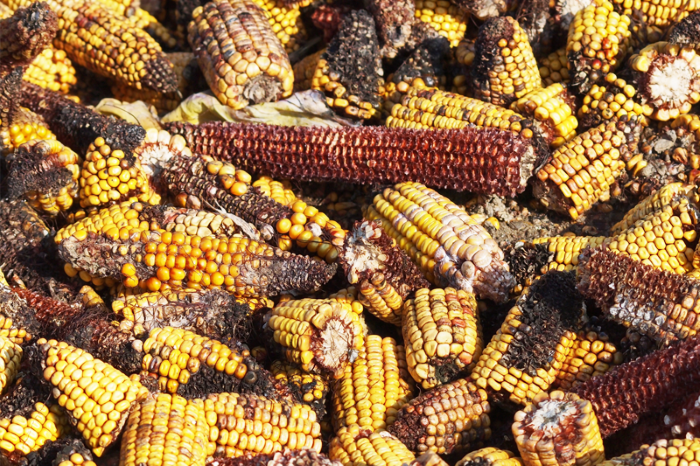
4 Ways to Prepare Your Farm for Severe Weather
Prepare for severe weather on the farm by taking inventory, preparing employees, inspecting farm equipment and reviewing farm insurance.
When you file a crop insurance claim, the unknown can be the hardest part. With COUNTRY Financial, there are no guessing games or complexity. We keep it simple.
Verify the information certified on your insurance acreage report is correct and matches how the crop is sold. Be sure to check:
A standing crop does not constitute a prevent situation, unless a mature crop cannot be harvested due to a covered loss.

Aflatoxin is a fungal metabolite that is toxic when consumed by animals or humans. A gray/green or yellow/green mold on kernels is an indication that Aflatoxin is present. This can occur in the field or in storage.
If you have any questions regarding this issue, please contact your COUNTRY crop insurance agent.

Prepare for severe weather on the farm by taking inventory, preparing employees, inspecting farm equipment and reviewing farm insurance.

Avoid common coverage gaps on your farm policy by asking yourself these five questions.

Your guide to farm safety. Here are seven tips to help keep you and your employees safe. Farm insurance can help protect you when accidents occur.
Contact your COUNTRY Financial crop insurance agent with questions.
COUNTRY Financial® is a family of affiliated companies (collectively, COUNTRY) located in Bloomington, IL. Learn more about who we are.
Crop policies issued by COUNTRY Mutual Insurance Company®, Bloomington IL.
In accordance with Federal civil rights law and U.S. Department of Agriculture (USDA) civil rights regulations and policies, the USDA, its Agencies, offices, and employees, and institutions participating in or administering USDA programs are prohibited from discriminating based on race, color, national origin, religion, sex, gender identity (including gender expression), sexual orientation, disability, age, marital status, family/parental status, income derived from a public assistance program, political beliefs, or reprisal or retaliation for prior civil rights activity, in any program or activity conducted or funded by USDA (not all bases apply to all programs). Remedies and complaint filing deadlines vary by program or incident.
Persons with disabilities who require alternative means of communication for program information (e.g., Braille, large print, audiotape, American Sign Language, etc.) should contact the responsible Agency or USDA's TARGET Center at (202) 720-2600 (voice and TTY) or contact USDA through the Federal Relay Service at (800) 877-8339. Additionally, program information may be made available in languages other than English.
To file a program discrimination complaint, complete the USDA Program Discrimination Complaint Form, AD-3027, found online at How to File a Program Discrimination Complaint and at any USDA office or write a letter addressed to USDA and provide in the letter all of the information requested in the form. To request a copy of the complaint form, call (866) 632-9992. Submit your completed form or letter to USDA by: (1) mail: U.S. Department of Agriculture, Office of the Assistant Secretary for Civil Rights, 1400 Independence Avenue, SW, Washington, D.C. 20250-9410; (2) fax: (202) 690-7442; or (3) email: program.intake@usda.gov.
USDA is an equal opportunity provider, employer, and lender.
For more information, contact the RMA Civil Rights Office at 202-690-3578 (main line).
COUNTRY Financial will be assisting the Risk Management Agency (RMA) in monitoring crop conditions throughout the growing season. All suspected cases of fraud, waste and abuse in federal crop insurance will be referred to RMA.